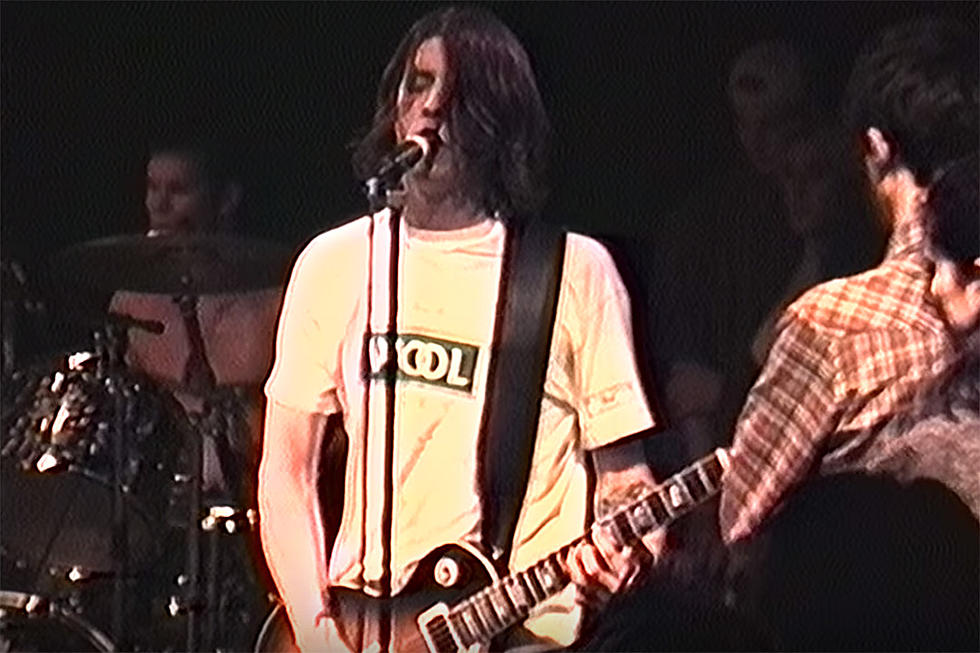
Phosphorescent, ‘Muchacho’ – Album Review
If you caught Phosphorescent during his year-and-a-half supporting 2010's 'Here's to Taking It Easy,' you'd have seen the many sides of the project's lone creative voice, Matthew Houck. With a full band in tow, he could evoke comparisons to Nashville artists, coffee-house crooners and even experimental art mavens. To say he's all of these would still be limiting, as Houck, having quietly produced a decade's worth of tunes few can match, is very much his own songwriter.
Bookending his latest LP, 'Muchacho,' are the tracks 'Sun Arise (An Invocation, An Introduction)' and 'Sun's Arising (A Koan, An Exit),' essentially two mixes of the same song, the opener garnished with electronic touches and the closer backed with looped, organic sounds. But the heart of the song is Houck's multiplied vocals, which exemplify the conflicts that 'Muchacho' presents.
The eight songs in between are free of filler and worthy of attention, but 'Song for Zula' and 'Terror in the Canyons (The Wounded Master)' are legacy tracks. When it dropped as the first single, 'Song for Zula' seemed to foreshadow a Bon Iver turn for Houck. This doesn't prove to be the case, but it could forecast a future direction. The synthesized elements are downplayed and combined with orchestration, and lyrically, it's poetry even in an academic sense. Houck uses Cash references, folk repetition of key lines and personification of concepts like love -- as in the line "See, honey, I saw love. You see, it came to me/It put its face up to my face so I could see" -- in a vivid, visual manner that is good writing in a classic sense. And when sung with such conviction that the emotion translates even when it's difficult to understand a word, Houck's achievement is hard to exaggerate.
'Terror in the Canyons (The Wounded Master)' is more rooted in tradition, blending Lambchop-style folk with the pedal steel and fiddle of classic country. This is Phosphorescent at his most comfortable, but the song doesn't feel safe. Rather, Houck yelps and hoots between lines and howls as the song peaks. It's full of passion and sincerity, and as he claims to be everything from "the devil" to "a slave," he keeps it fresh without reinventing the country wheel.
On tracks ranging from the epic 'The Quotidian Beasts,' which recalls the 'Here's to Taking It Easy' cut 'Los Angeles,' to 'Muchacho's Tune,' which might be mistaken for something off 'To Willie,' his disc of Willie Nelson covers, Houck embodies the sum of strengths he's displayed in the past. He's every bit the man on this record that he is in his press photos, which find him lurking in the barroom shadows, in the motel half-light and behind a swigged-from beer bottle at a poker table. This guy understands alienation, pain, hope and passion, and his music, mostly created in solitary, aches to be heard and shared and loved.
Only now, a time when Frank Ocean, Kendrick Lamar and Grizzly Bear can play to the same audience, does Phosphorescent's brand of eclecticism have a fighting chance. As gospel, folk, country, rock and electronic elements combine, Houck's tattered voice holds the songs together, giving them a connection that allows them to venture a little farther from the pack than those on his other albums could. On his more cohesive past sets, Houck experimented within certain confines, but on 'Muchacho,' he opens up the gate and lets the herd roam the countryside. It's a dangerous and solitary venture -- but most importantly, it's freeing.
More From Diffuser.fm









